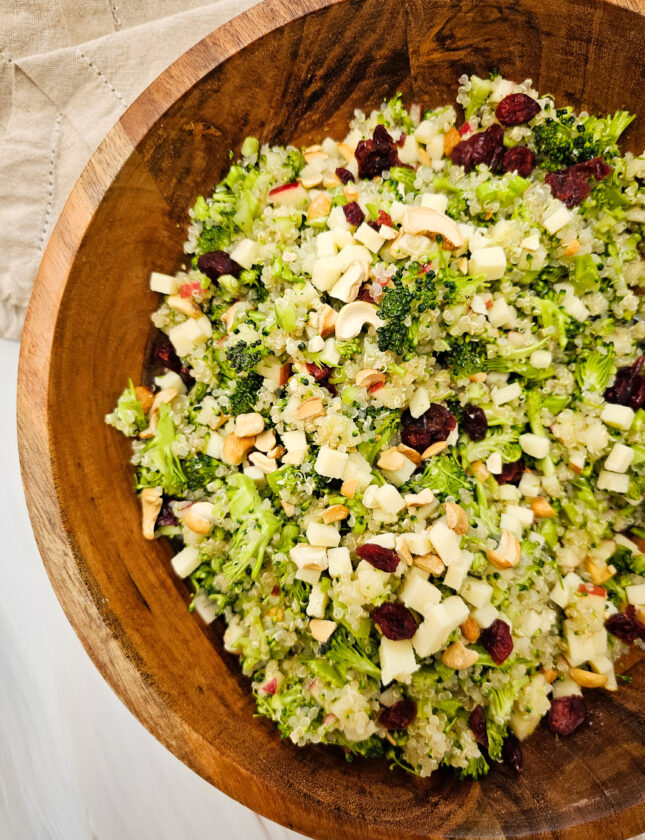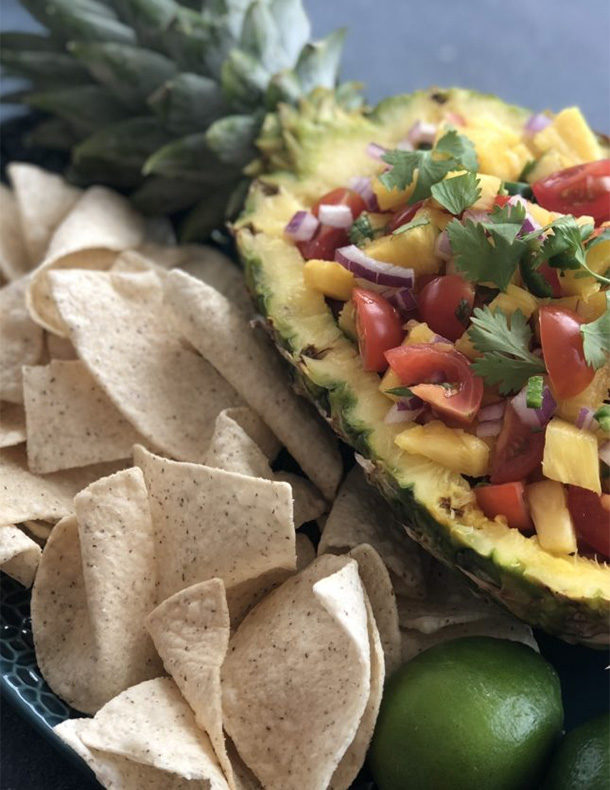If you are interested in intermittent fasting, keep scrolling!
Starting a healthy lifestyle can be exciting and empowering, but it can also be daunting to find the right place to start. It’s easy to get wrapped up in fad diets and quick fixes, leaving you questioning what’s actually healthy and what is just another trend with no real long-term benefits. Intermittent Fasting is a great approach to eating that has not only the results but the science to back it up.
If you’ve never heard of Intermittent Fasting, it’s more of a lifestyle shift. The idea is that there are extended periods of time where the body is fasting, only consuming water, black coffee, or tea, followed by a structured eating window in which you can eat freely while keeping it healthy. Without having to count calories or actively diet, the focus revolves around changing when you eat more versus what you eat.

There are several different approaches to following Intermittent Fasting, such as fasting with minimal calories for 2 days of the week and eating regularly for the other 5. This could mean breaking your fast at noon and eating until 8 pm or a 10-6 window. Research also shows that this is the optimal method for women since fasting for an extended period of time can be counterproductive. The most common approach, however, is the 16/8 method, calling for 16 hours of fasting within an 8-hour ‘feeding window’. This is the most popular method as it allows for the most flexibility with working it into your everyday life. According to Healthline, this is because female bodies are more sensitive to calorie restriction than male bodies.
A comprehensive list of Intermittent Fasting health benefits is still being explored by scientists, but it has already been proven to promote healthy weight loss along with improving overall health. Dr. Sanjay Gupta encourages people looking to follow IF to check with their nutritionist or doctor first, to make sure that the plan is right for them. As it requires a good deal of willpower, he notes that an equally healthy alternative when trying to lose weight is simply to reduce your calories and make sure that your meals are nutrient-dense and satisfying.

In an article by The New York Times, health columnist Jane E. Brody writes that Intermittent Fasting was “shown to have improved insulin resistance, blood abnormalities, high blood pressure, and inflammation, even independently of weight loss”. Another benefit the article uncovered was reduced symptoms of Multiple Sclerosis, showing that IF is a lifestyle that has the potential to be a game-changer for your entire life.
So, you’re interested in trying out Intermittent Fasting? Here are some helpful tips:
- Make the most of your fasting window by eating healthy and nutrient-dense food—IF doesn’t negate the effects of other bad habits.
- To get the best results out of your fasting experience, make sure that you’re still getting good physical activity or exercise each day, as well as prioritizing a full night’s sleep.
- Experiment with different windows to see what feeding time works best for you. A true healthy practice will fit within your own life!
- Drink water and tea during your fasting period; hydration is key and will keep you full for longer.
- Give yourself time the first few days are an adjustment. Don’t become discouraged if at first, you’re experiencing hunger pangs or irritability.
- If you need help tracking your fasting hours or keeping yourself accountable, there are plenty of apps available to make it effortless!
Just like any lifestyle, nothing is one size fits all. While Intermittent Fasting is not for everyone, three other women on the Women of Today team have been practicing it for years with wonderful results! Finding the perfect match for your life can take some trial and error, but Intermittent Fasting could be a great place to start if your goal is fat loss or a more regimented eating schedule. At the end of the day, your body will let you know if fasting isn’t right for you. Intermittent Fasting isn’t the only way to lose weight or increase your overall health, so don’t feel discouraged if it isn’t a perfect fit!


















